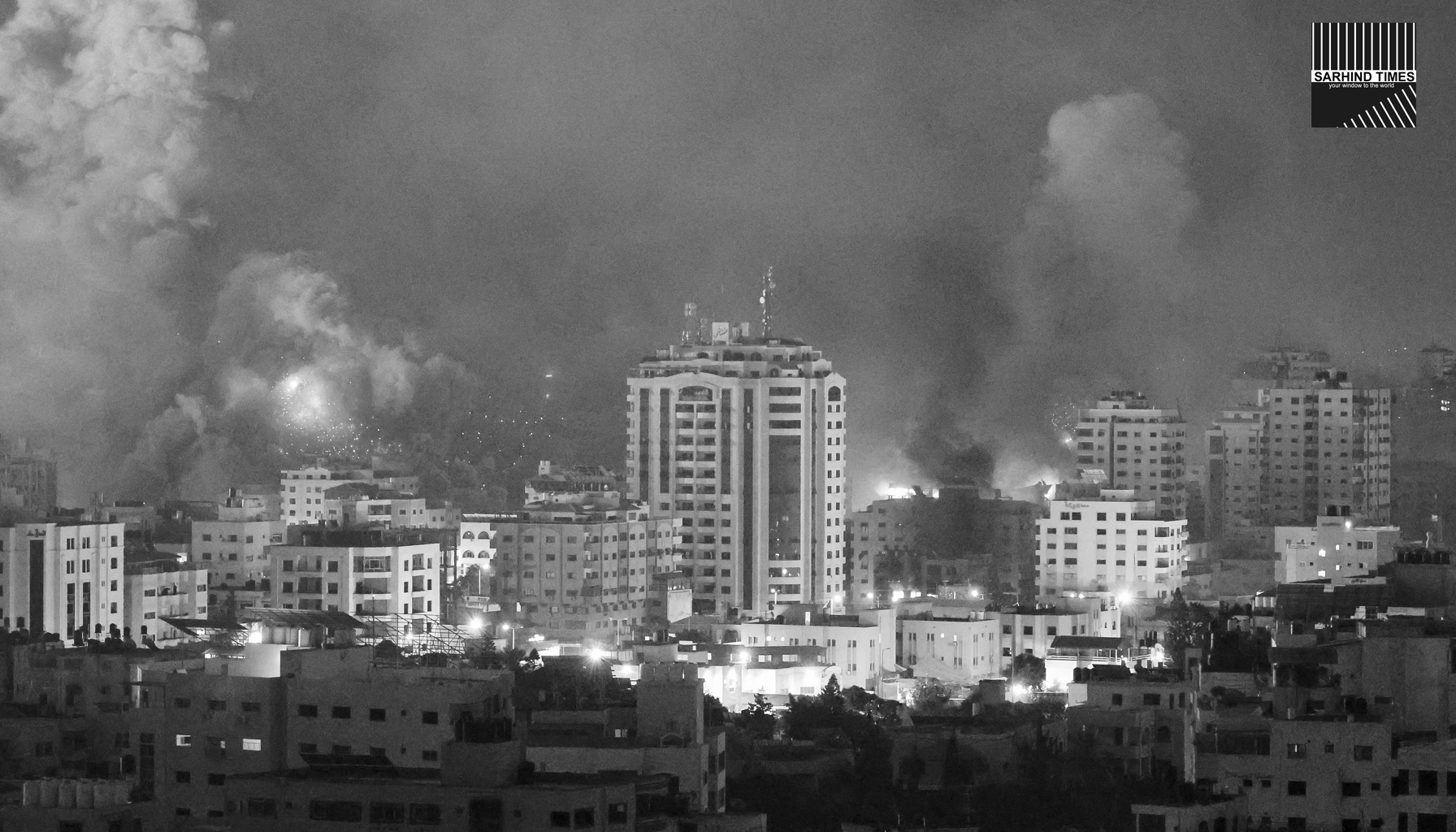New Delhi: Tensions in Israel have reached a boiling point as the country’s largest trade union, the Histadrut, called for a general strike on Monday, marking the first such action since the Hamas attack on October 7. The strike aims to pressure the government to expedite a cease-fire with Hamas and secure the release of remaining hostages, following the tragic discovery of six more hostages who were found dead in Gaza.
On Sunday night, grieving and angry Israelis took to the streets in massive numbers, with tens of thousands of demonstrators demanding that Prime Minister Benjamin Netanyahu reach a cease-fire agreement with Hamas. Chants of “Now! Now!” echoed through the streets as protesters held the government accountable for the ongoing crisis and the failure to secure a deal that could have saved lives.
The strike, organized by Histadrut, is expected to severely impact major sectors of the Israeli economy, including banking, health care, and operations at the country’s main airport. The move reflects the growing frustration and anger within Israeli society as cease-fire negotiations drag on, with many blaming Netanyahu for the continued stalemate.
Among the deceased hostages was 23-year-old Israeli-American Hersh Goldberg-Polin, a native of Berkeley, California, who had previously lost part of his left arm to a grenade in the October 7 attack. The military has identified the others as Ori Danino, 25; Eden Yerushalmi, 24; Almog Sarusi, 27; Alexander Lobanov, 33; and Carmel Gat, 40. Their bodies were recovered from a tunnel in the southern Gaza city of Rafah, mere meters from where another hostage was rescued alive last week.
Lt. Col. Nadav Shoshani, a spokesperson for the Israeli military, confirmed that the hostages were killed shortly before Israeli forces arrived, underscoring the challenges of rescuing those still in captivity. Shoshani stated unequivocally that Hamas was responsible for their deaths, rejecting any notion that the hostages could have been saved under different circumstances.
The discovery of the hostages’ bodies has fueled further outrage, with families and supporters gathering in Jerusalem and Tel Aviv. In Tel Aviv, relatives of the hostages marched with symbolic coffins, demanding action from the government. “We really think that the government is making these decisions for its own conservation and not for the lives of the hostages, and we need to tell them, ‘Stop!’” said Shlomit Hacohen, a resident of Tel Aviv.
The situation has led to a significant rift within Israel’s leadership. Channel 12 reported a heated exchange between Netanyahu and Defense Minister Yoav Gallant, with Gallant accusing Netanyahu of prioritizing strategic military objectives over the lives of the hostages. This internal conflict has only intensified public anger, with many demanding a complete halt to the country’s operations until a cease-fire is secured.
Funerals for the deceased hostages began on Sunday, with grief-stricken families expressing their anguish and anger. Sarusi’s mother, Nira, voiced her pain at the loss, saying, “You were abandoned on and on, daily, hour after hour, 331 days. You and so many beautiful and pure souls. Enough. No more.”
Netanyahu, however, remains steadfast in his commitment to continue the fight against Hamas until the militant group is destroyed. While this stance has the support of some sectors of Israeli society, critics argue that Netanyahu’s approach is endangering the lives of hostages and prolonging the conflict unnecessarily.
As the country grapples with the fallout from this ongoing crisis, the possibility of early elections and an investigation into Netanyahu’s handling of the situation looms large. The coming days will be crucial in determining the future of Israel’s leadership and the resolution of this deeply divisive conflict.




+ There are no comments
Add yours